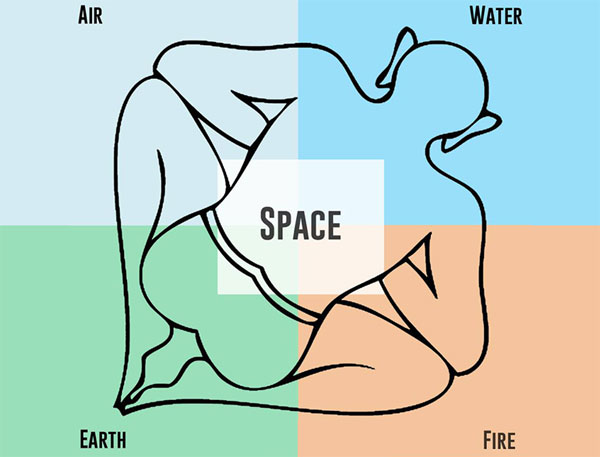Vastu Shastra holds an important role in our lives. It is not merely a science of constructing a property, but it is rather a connection with the ancient Vedic science promoting blissful living. It involves the mathematical calculation of a site’s direction-based attributes. Vaastu finds its references in Vedic knowledge and has come down to us through these years. Everything that exists in the universe, including our bodies, is made of five elements. These five elements are earth (geomagnetic energy), water (gravitational energy), fire (solar energy), air (wind energy) and space (cosmic radiation). These forces have a powerful influence on us, as well as the environment.
Based on the data, the proper and ideal position of rooms, including the consideration of exit and entry passage, along with placement of furniture items are determined, as per Vastu principles. These precautions later contribute to the effective wellbeing of the occupants of a Vastu-compliant house. Vastu plays a crucial role in the construction of a building and ensuring dimensional and character features of rooms in terms of length, sizes and breadths, together with ensuring that the property utilizes harmonious cosmic energy to its fullest. Vastu is effective when the construction of a building follows both traditional and modern perspectives incorporating correct direction principles as suggested in Vastu science.
Orientation in Vastu Shastra refers to the eight directions set as the guiding force, which rules the life and destiny of the occupants who reside in the particular direction of the house. The basic directions according to Vaastu are East, West, North and South. And Northeast, Southeast, Southwest and Northwest are considered to be the conjunction points where the two basic directions meet and such directions are of much significance as they hold the power to execute the powers of both the directions. So Vaastu Shastra is mainly based on the accumulating of strengths diversified by the forces, in co-existence to the Pancha Bhootas or the five Elements.
Vastu Principles:
Vastu Shastra is to channelize positive energies and add value to human life. Vastu considers the layout, design and construction of the house to bring happiness and peace to the home. In Vastu, there is a specific reason behind the alignment and arrangement of items. It is an ancient science to bring prosperity and positivity in the home. Whether you are constructing a house or moving into a new one, organising things according to Vastu may prove beneficial. Below are the principles that guide Vastu.
- Orientation that determines direction-related facts to allow a living space to maximize cosmic energy force of five elements.
- Site planning that is associated with design layout concepts applicable in construction of a living space.
- Proportion measurement to ensure dimensional harmony of a property, in terms of its length, size and breadth, as well as thickness and interspace management.
- Dimensions or architecture rules involving six components like foundation/base, column, entablature, wings, roof and dome.
- An aesthetic that ensures a building has its rhythmical character by ensuring application of different factors, such as consideration on plot purchase and construction-specific guides among others.
Advantages of Vastu for building
Vastu is planned in a building to use every space and corner fruitfully. When complying with the requirements of directions, the structure allows the maximum influx of natural light and air. Following the principles can save you from harmful ultraviolet rays too. These factors help promote better physical health. Since Vastu Shastra keeps designs, colours and materials in mind also, your home can reduce stress levels and boost mental calm.
The ancient wisdom of Vastu Shastra enhances inner peace and satisfaction that every craving. It uplifts your spiritual health and helps you improve your personality. Promoting better intrapersonal and interpersonal behaviour helps the dwellers of the Vastu-compliant house have better and more fulfilling relationships.
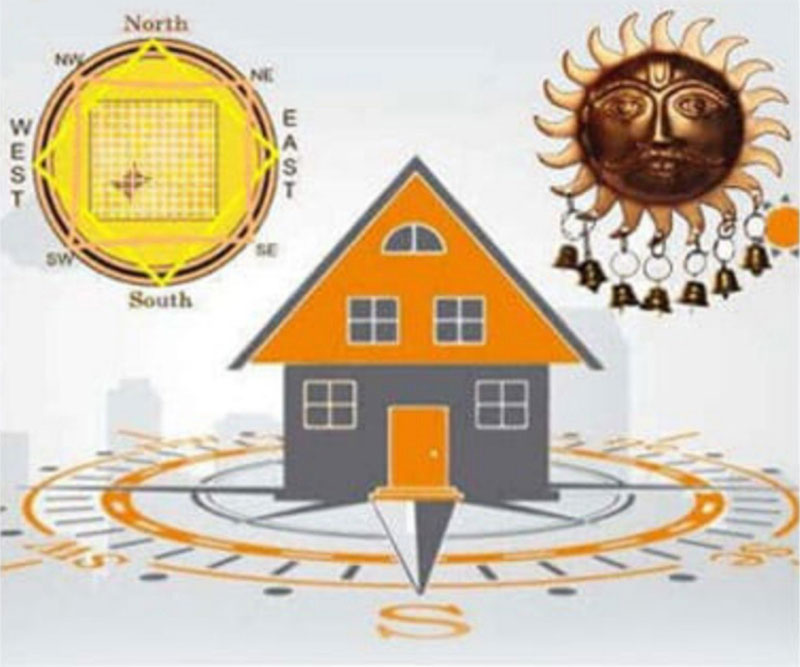
It is believed to bring harmony and aims towards drawing positive cosmic energy into people’s lives. The science behind this is that Vastu takes aspects like rainfall, sunrise and sunset into consideration, to find an ideal way to build a house. Designing a building by these guidelines is good for your mental health. Staying in a house like this offers solace and gives you the feeling of being at home.
Since Vastu compliant homes are built considering the natural elements, the same principles are used to balance or harmonize the energies from the cosmos, the sun, moon, earth, light and wind. The apt Vastu settings can make you feel relaxed when you return from a stressful day at work. When the clutter in your mind reduces, it makes way for positive thoughts, it makes you more aware about yourself. You get a better understanding of yourself and your needs. This, in turn, can help you build harmonious relationships.
The basic demand of a Vastu-compliant building is to declutter the mess in and around your house. As soon as you declutter your house, you allow positive energies to flow into your house, which is considered to be a good omen to build healthy relationships.
Vastu tips for a happy and positive environment for your building
Vastu principles are not just rules for creating good surroundings but also to keep away from bad environments. Below are a few tips for the use of the right Vastu elements in your building.
Bhoomi Pooja – If you are laying the first brick of your home in a plot than a Bhumi Pooja or worshiping of the earth is very important.

East facing entrance – We pray to the Sun God and since the sun rises in the East, it is considered to be auspicious. So the main entrance should always be in the East. It’s said that this brings positive energy to the house and happiness prevails.

Deity on entrance – An empty wall at the entrance of the house can depict and lead to loneliness. By placing the deity there, you can combat this and bring happiness into your house.
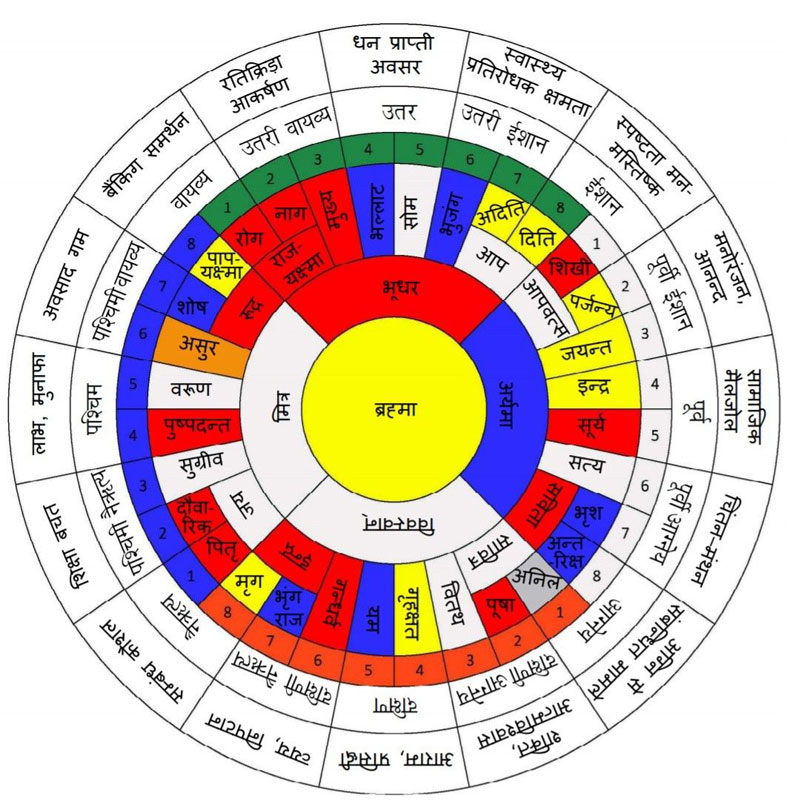
Bedroom on the south-west – The main bedroom or the master bedroom must be located at the South West corner of an East facing home.

Kitchen on the west – According to Vastu food should be cooked facing the east. The South-East corner is the best for a kitchen.

Bathrooms on West or North-West – Bathrooms/toilets can either be on the West or North-West sides of a house. Do keep in mind that it’s best if toilets are not located in the East or North-Eastern side of the house.
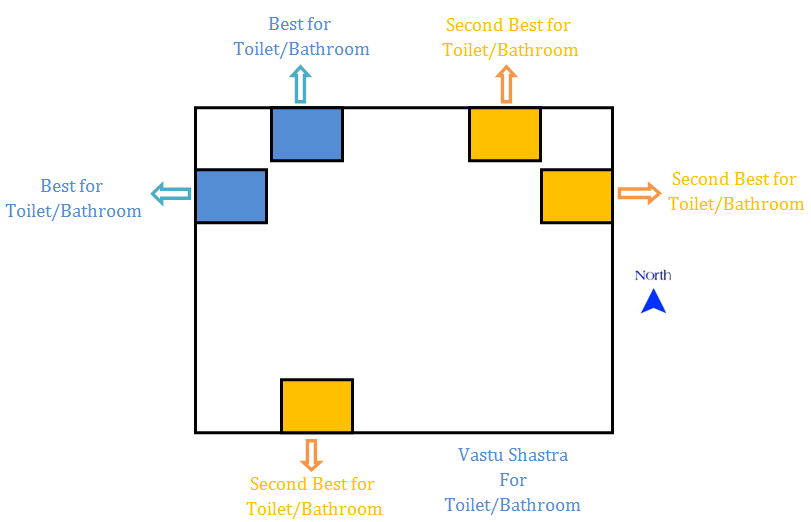
Get rid of broken things – Refrain from keeping broken things in the house. Whether it’s a mirror or a window or even furniture, discard broken items at the earliest. Broken things prevent the easy flow of positive energy.
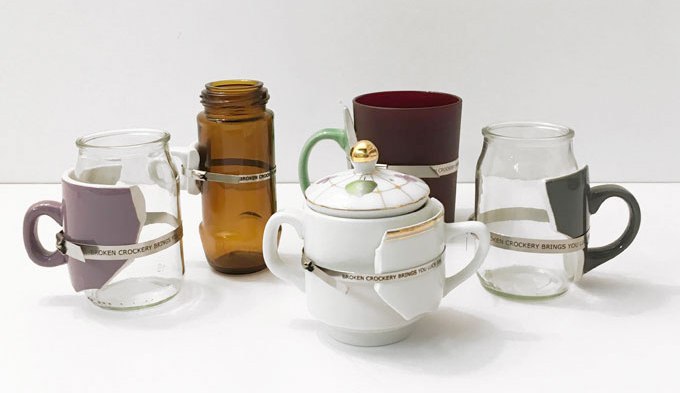
Bring positivity through cross ventilation – When building your house, make sure you place the doors and windows in such a way that air freely flows and there is sufficient cross ventilation.
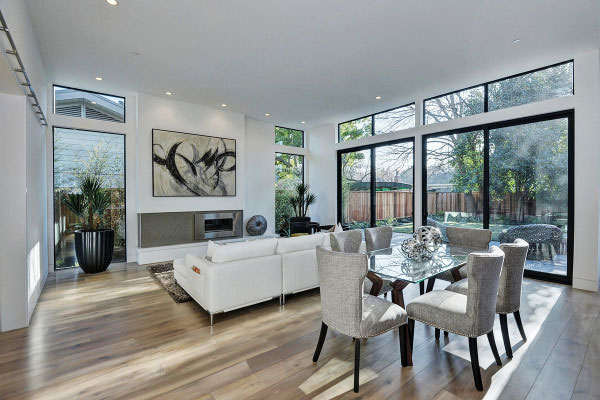
Compact storage space – You should never have one particular place that is cluttered and messily dumped with things. This will trap the positive energy and won’t allow it to flow. Build small, compact storage areas all around the house so that you can keep a check on the stored items and also store them neatly.
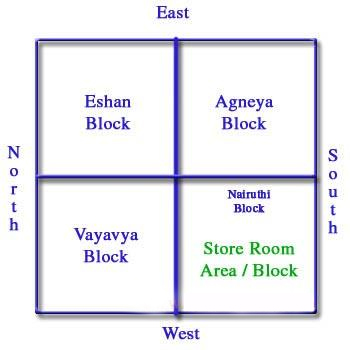
Use of mirrors – Mirrors will give a beautiful appearance to your house. It will also pave the way for the free flow of positive energy.

Buddha statues – A statue of Lord Buddha signifies harmony and peace. It is also a symbol of prosperity. So ensure you have at least one statue of Lord Buddha in your house.

Maintain positivity of pooja room – If you have multiple floors in the house, the pooja room should be ideally designed on the ground floor, but it should never be built in the basement. If you must keep the idols in the pooja room, ensure that they do not face east or the door and must not be placed adjacent to a wall.

Use of colour – Colour families of white, blue, yellow or anything relaxing should be used for this room.

Conclusion
Vastu Shastra is a guideline for best architecture optimized for its dwellers. It doesn’t command strict adherence to its principles. While all policies may not be applicable, one should try to include as many as possible for best results. If you are about to rent an apartment, there are tips to figure out if the place can become a Vastu compliant home. Vastu is now being used for the development of housing colonies, hotels, and almost all the major residential and commercial properties in India. Even Towns and cities are planned according to Vaastu and it has been seen since ancient times that temples, monuments and towns are being constructed on the parameters of Vastu Shastra.

